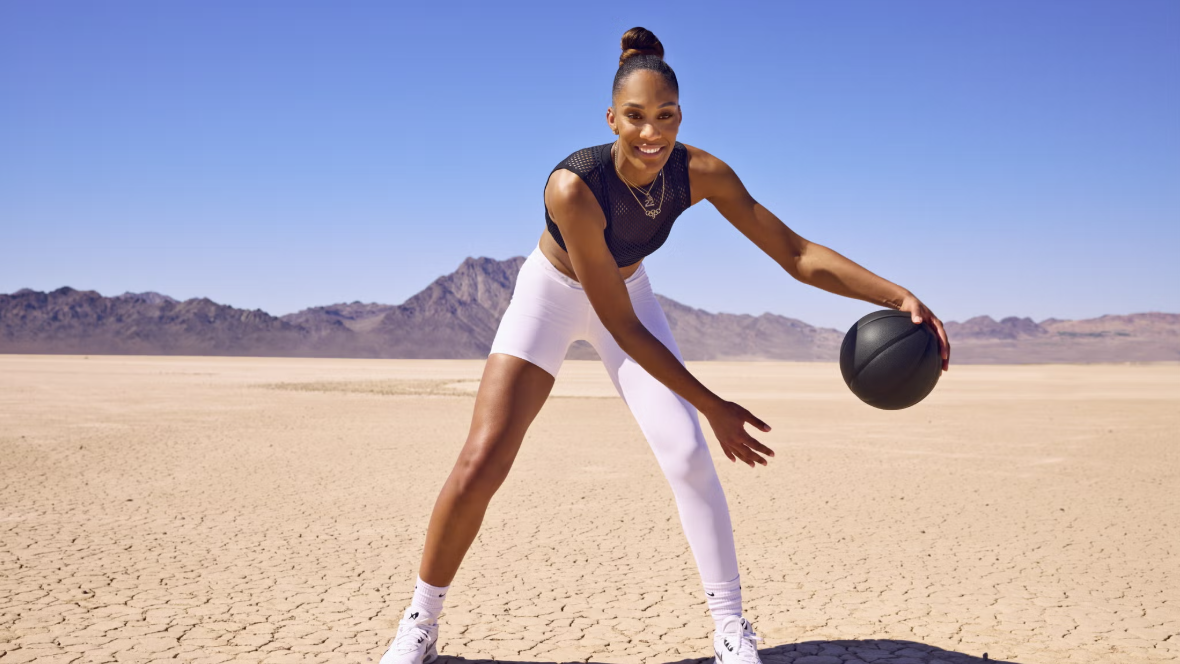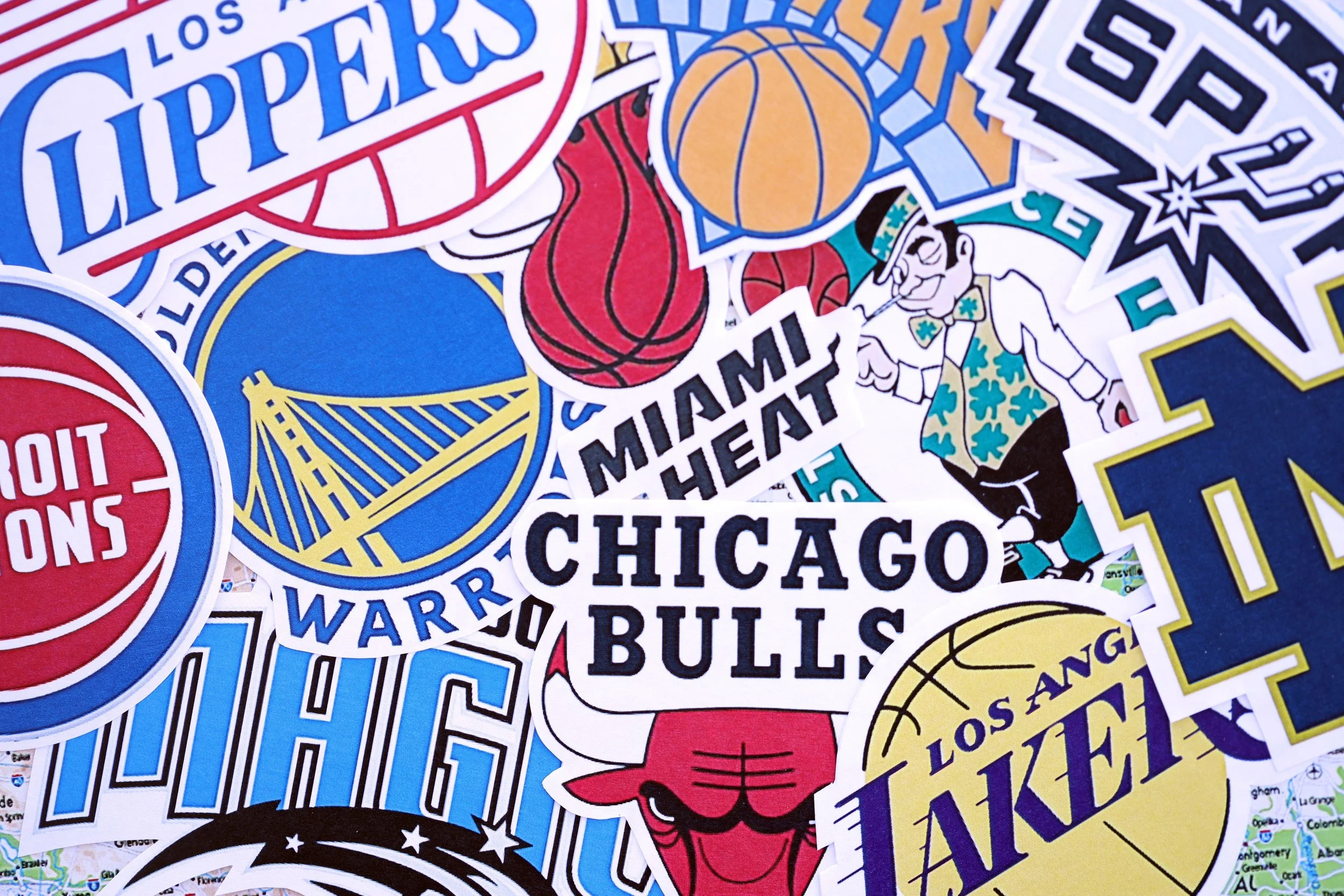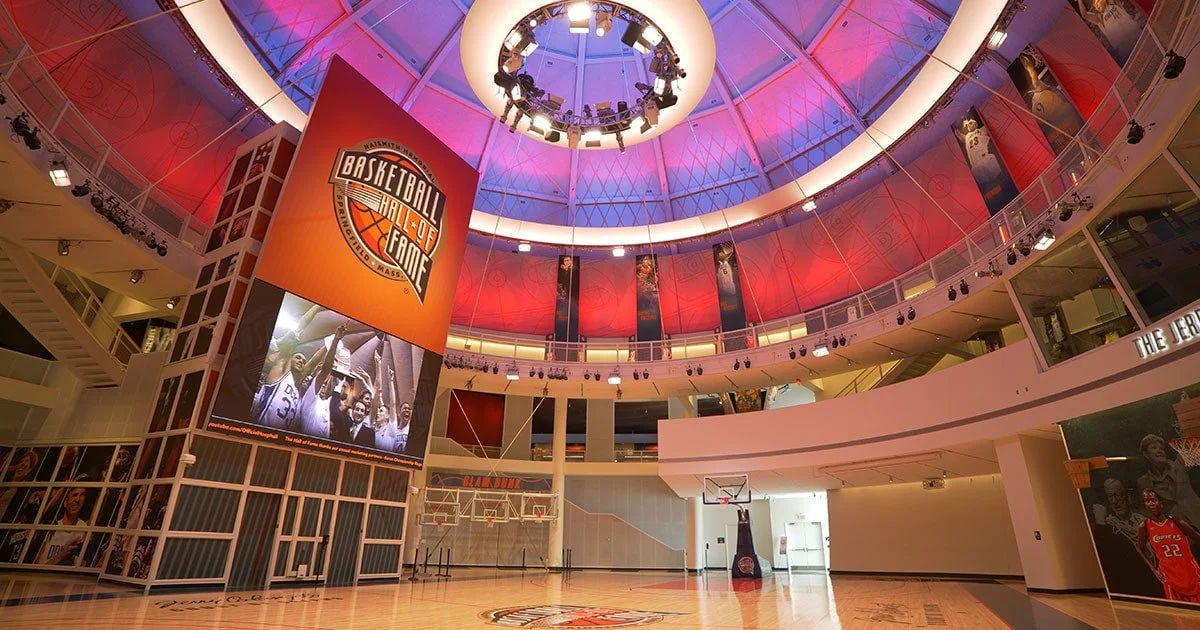Coronavirus Pandemic And The Impact Of A World Without Sports
By: Baigen Seawell
Silence. At first, we expected to hear the sounds of athletes fiercely competing to an empty stadium. The echoes of the coaches calling out plays, and the screech of sneakers across the hardwood.
But now, we get nothing.
The cancellation of sporting events sent a shockwave of hurt, fear, disappointment and anger across the world on March 11. With travel restrictions implemented by Donald Trump, rising cases in countries like Italy and the United States, and athletes testing positive for the novel coronavirus (COVID-19, the scientific name), associations have resorted to halting all sporting events.
Dawn Staley on SportsCenter:
— Matt Dowell (@TheMattDowell) March 12, 2020
“We ended the season as the #1 team in the country The only team that won their regular season & conf. tournament undefeated. If they’re gonna pass out a national championship trophy, we got our hands out at South Carolina.” pic.twitter.com/aNb4dl79kn
THE IMPACT
On Wednesday, many winter sports were entering preparation for their national championship run. Some (including myself, where I’m writing this story in North Dakota) have already traveled to their destination, only to find out the following day that their stint to compete at the national level is over, with no chance of rescheduling.
The anger mixes the fear and uncertainty, causing mass panic, and questions of what to do as the virus looms over our heads. MLB Commissioner, Peter Ueberroth compared it to “[…] a combination of 9/11 and when Magic Johnson was diagnosed with HIV”
Which is… Kind of fair, I guess?
At the time, HIV was unheard of, and associated with uncertainty, fear, and lots of phobias. It was virtually unknown to the world. Fans weren’t sure if they wanted to attend games, and some players didn’t want to play an athlete who had an autoimmune disease they were never educated on.
9/11 left athletes and associations unsure of when is the right time to come back and return to normal life again after something so gut wrenching happened on American soil.
But this time, this is something that we know is transmissible and can pose a risk. Although it was thought to spread to the elderly and at risk (i.e. weakened immune system due to cancer, and other infectious diseases) the Utah Jazz’s Rudy Gobert and Donovan Mitchell both tested positive, and many other athletes are looking to be tested after the scare.
“As of now, all remaining winter and spring NCAA championships and related events, including the Division I men’s and women’s basketball tournaments, have been canceled. While we understand how disappointing this is for everyone, our decision is based on the current understanding of how COVID-19 is progressing in the United States.” - The NCAA
The NBA, XFL, March Madness, and National Wrestling Tournament Brackets have been completely deadlocked, with arising concerns of the transmittal of diseases via close contact in closed spaces. But the impact was felt hardest by collegiate athletes, especially those who close out their final year realizing that they will never put on their uniform again.
2020 aint it. Don't know what to compare this situation to…just gotta buckle up and take care of yourself and those around you. Basketball will be back at some point but right now, protect yourself and stay safe out there!
— Stephen Curry (@StephenCurry30) March 12, 2020
THE MONEY
For many athletes, the mental turmoil faced leaves a gashing impact. But from an economic standpoint, the impact is felt harder. Originally, many Associations and Leagues were looking to limit fan attendance, or weed out attendance completely. This would lead to a hit in revenue that is unseen from any lockout, or crisis in modern sports history.
With the cancellation of leagues such as the NBA, NHL, NCAA, XFL, and NAIA, we will see a drop in economic growth. Many areas that don’t have professional teams, look to their local college to produce not just entertainment, but revenue.
The area that will take the biggest hit is travel. COVID-19 has made a name for itself because of how quickly it can spread across countries, state lines, and into some team huddles. Ceasing travel on a nationwide scale does impact us; hotels, rental car services, etc. that thrive off of visitors who place bids to hold sporting events in their city, will suffer. Small towns with venues who patiently waited for fans and athletes to fill seats won’t get that opportunity this season.
The ones on salary pay won’t feel it, but the arena workers, restaurants, and those on hourly wage who make sporting events more than just the sport will feel their funds start to dwindle. Professional players are beginning to donate to assist arena workers who are hit financially.
On the flip side, universities face backlash from students, student-athletes, and parents who are asking for compensation. As classes are moved to online, or automatically passed, students have to evacuate the campus in some cases. These students raise their institutions feet to the fire, demanding an additional year of eligibility, a refund on season tickets, and travel compensation for those who are unable to get home.
Overall, the economic impact will be felt across the world, with the postponing of World Cup Qualifiers, Olympic Qualifiers and Olympics up in limbo, and no clear date when life will return to normal. But Commissioners and Directors alike are emphasizing those to stay calm, and not add more fuel to the ever growing fire.
Man we cancelling sporting events, school, office work, etc etc. What we really need to cancel is 2020! 🤦🏾♂️. Damn it’s been a rough 3 months. God bless and stay safe🙏🏾
— LeBron James (@KingJames) March 12, 2020
WHAT’S NEXT?
No one knows what to expect.
With a projected date of many sports attempting to make a comeback in April, the question now is: what do we do for time lost? How do we recover, and how long will the recovery process take?
We know that COVID-19 is something new, unknown, and undermined, leading to the situation faced today. But what we also know, is what to do to prevent the spread and educate ourselves (save your conspiracy theories) rather than cause more panic.
Stay alert, wash your hands, maybe start a new hobby, cause we might be here for a while.






